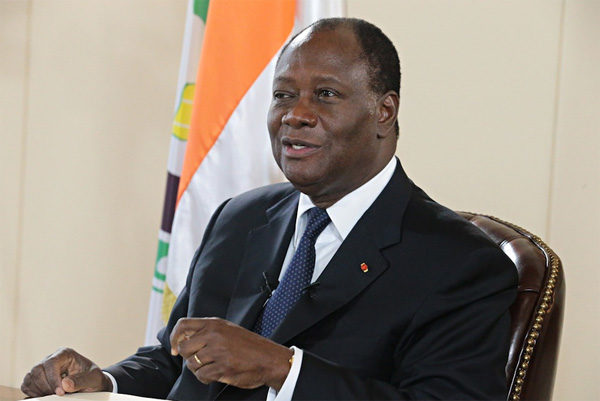Since 1 January 2019, Côte d’Ivoire has begun the gradual implementation of the EPA (Economic Partnership Agreement) with the European Union. In a communication on January 23, the Ivorian government announced the effective start of the “first phase of tariff dismantling” since the beginning of the year.
In detail, this first stage concerns 1,155 tariff lines of the ECOWAS Common External Tariff (CET) applied in Côte d’Ivoire. “Since 1 January 2019, the products covered by these tariff lines, identified and recognized as originating from the EU, are imported into Côte d’Ivoire free of customs duties,” explains the government.
The EPA, which is a free trade agreement, was concluded between Côte d’Ivoire and the EU in 2008 and ratified in August 2016. And in the framework of the negotiations between the two parties, it was agreed to a “liberalization schedule in 5 phases over a renegotiated period of 10 years to extend from 2019 to 2029”.
Abidjan stresses that in return, the agreement guarantees the continuation of its customs-free exports to the EU market, including cocoa, banana and canned tuna.
For the country, to submit to the principle of reciprocity (as required by the WTO) with the implementation of this free trade agreement, without waiting for a possible EPA at ECOWAS level, is to maintain competitiveness of its products in its main export market. Indeed, the establishment of customs barriers at the doors of the EU for its exports would have had disastrous consequences for its economy.
According to official data, Côte d’Ivoire exports CFAF 4,000 billion to the EU, compared with an import of CFAF 2,500 billion, with a trade surplus of CFAF 1,500 billion or 2.3 billion euros.



